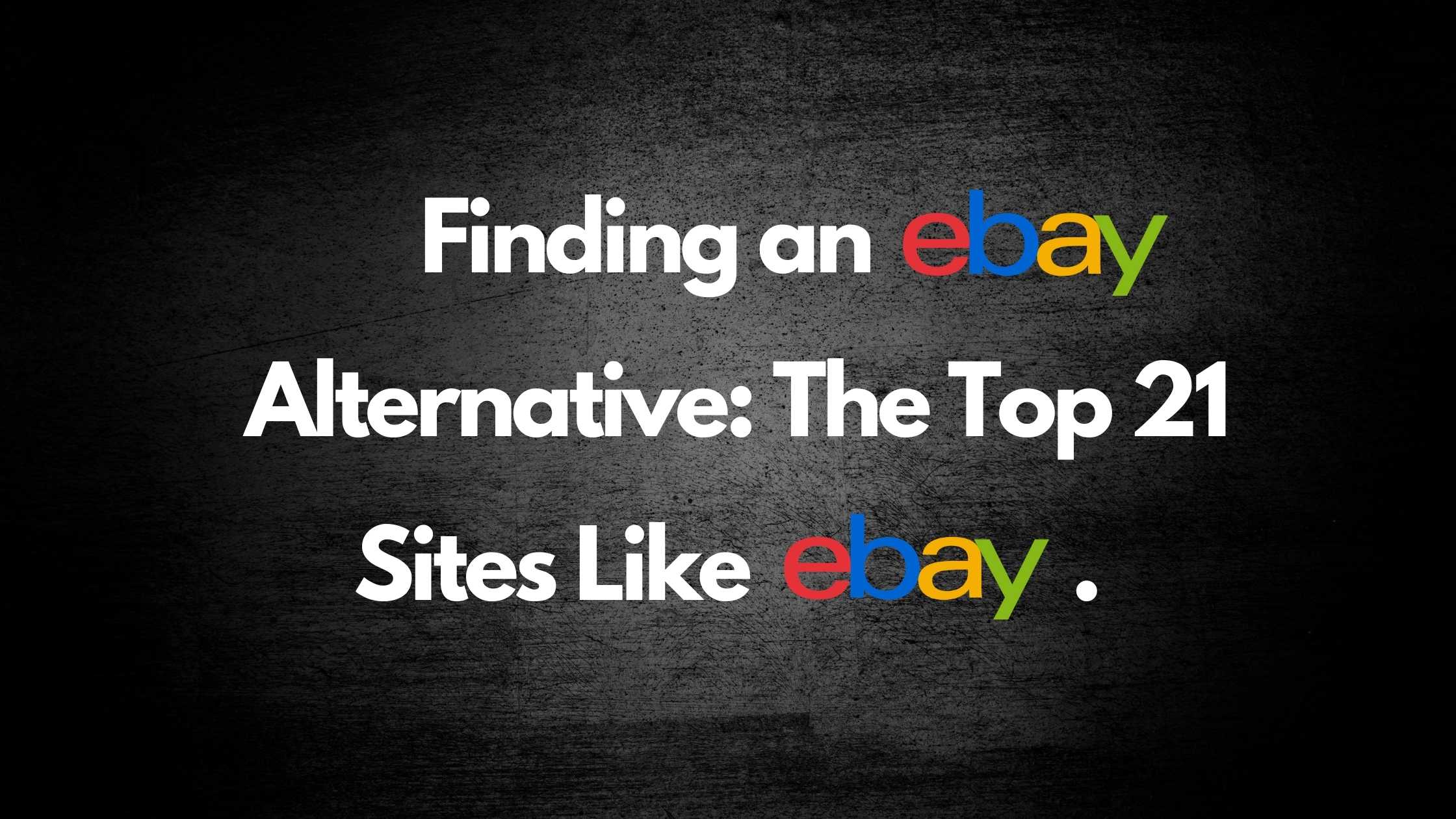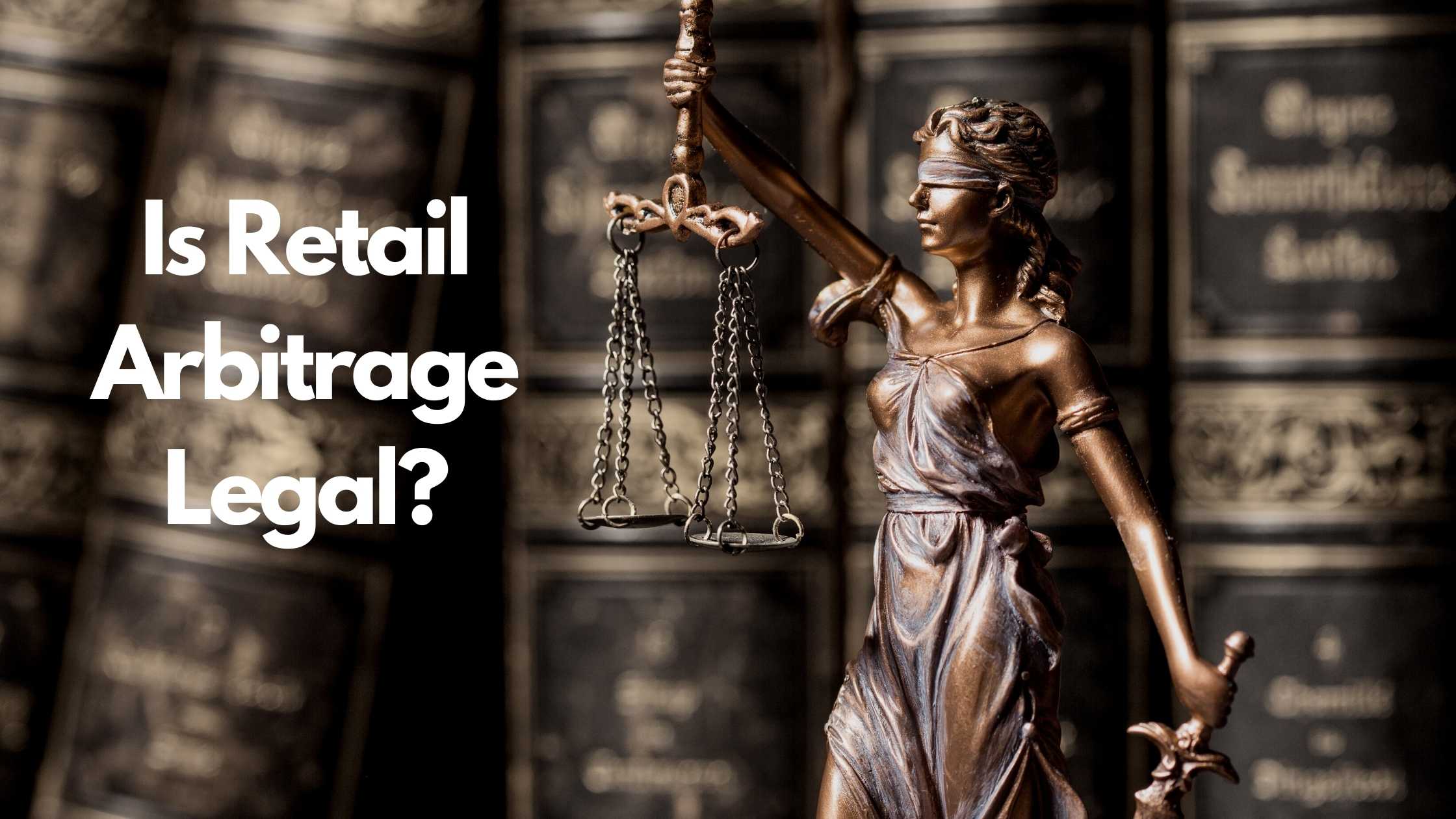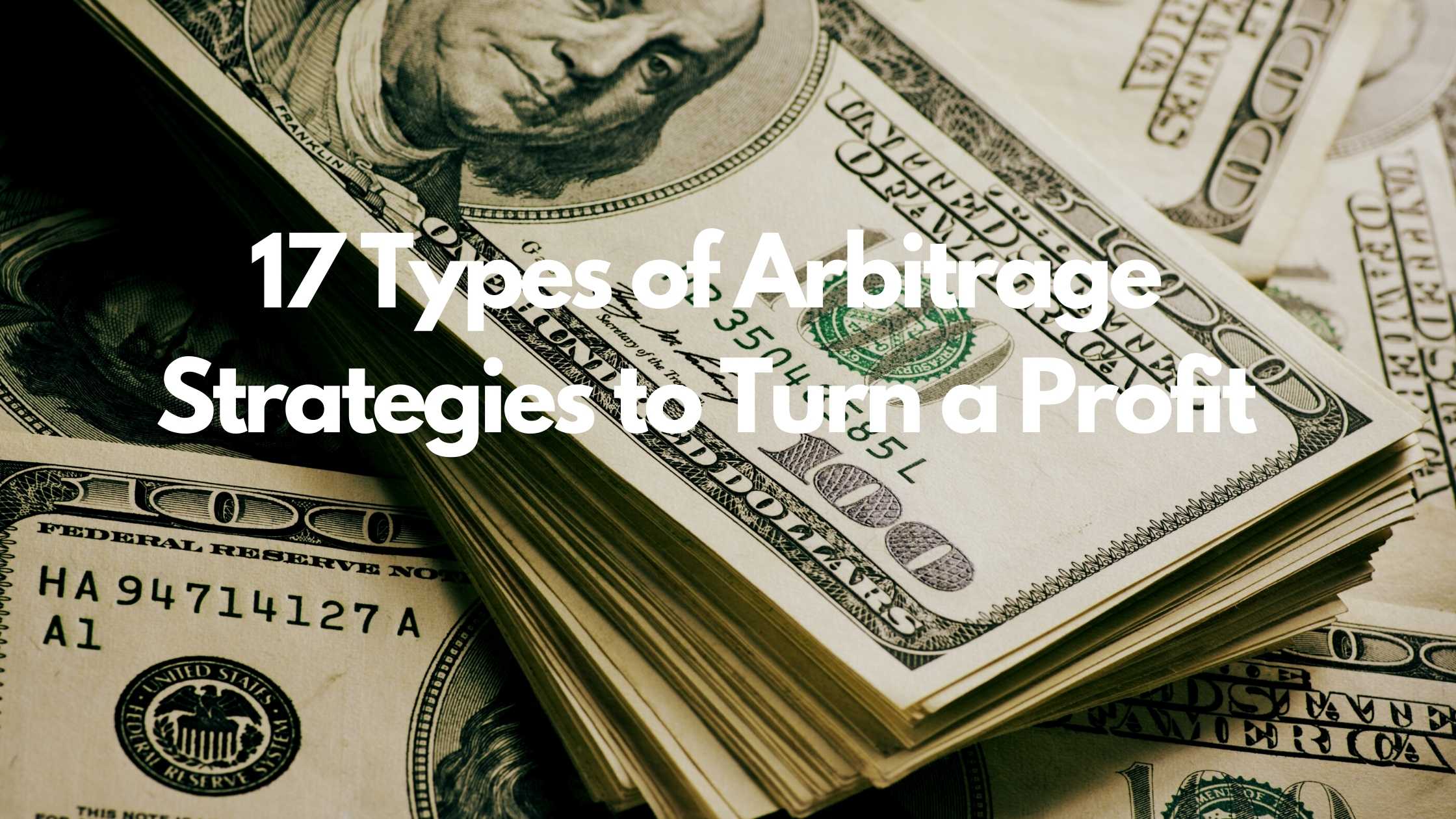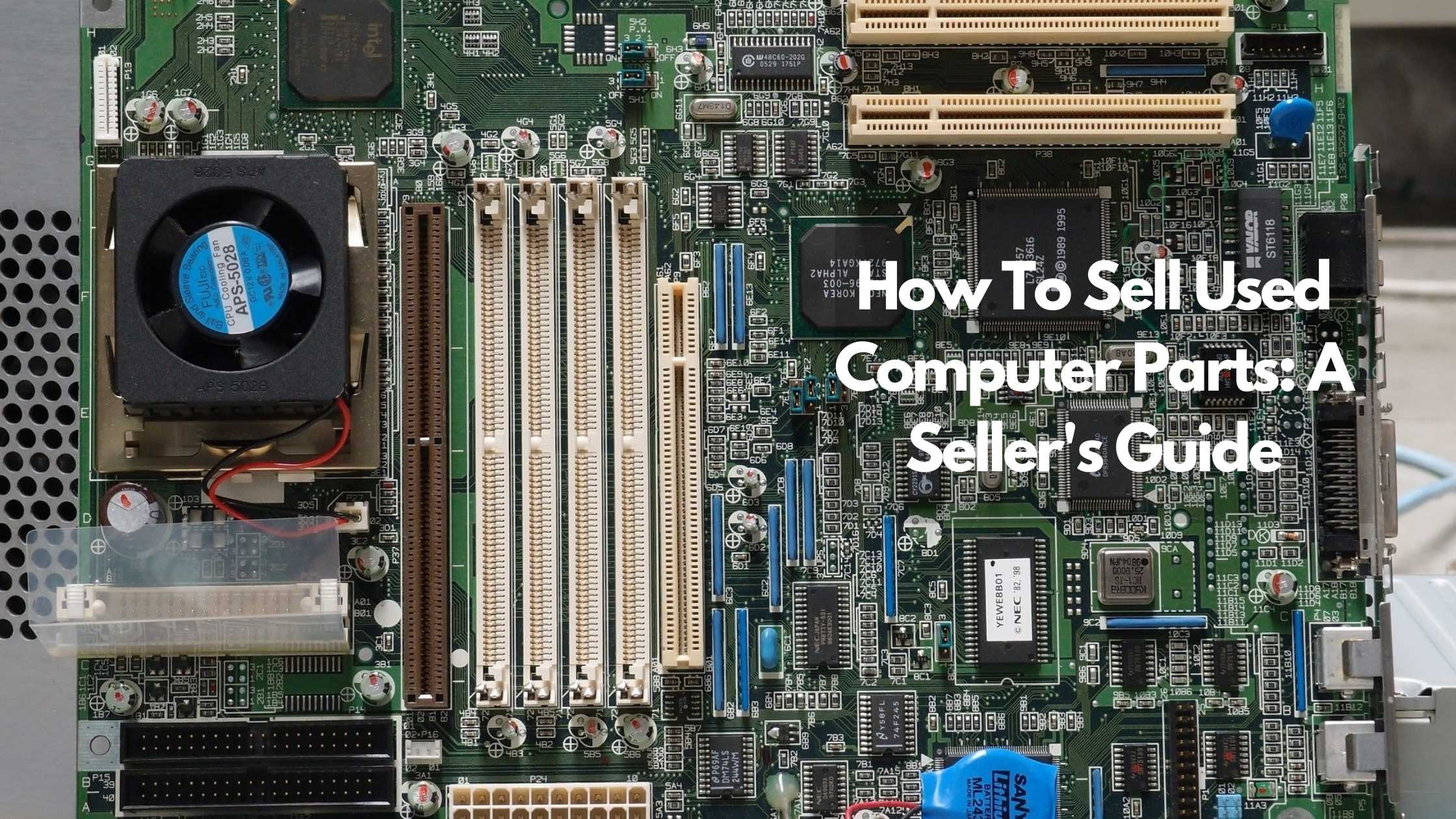
Is Retail Arbitrage Legal?

Retail Arbitrage is a common practice among people looking to increase their revenue streams. It involves buying items from retailers on location and reselling them for gain. Usually, resellers purchase them cheaply during clearance sales.
They buy in large quantities from retailers (and not wholesalers) like Walmart for resale. This leads to such inquiries as, “Is Retail Arbitrage legal?” “Is it an activity you can engage in fearlessly without finding yourself in trouble with the law?” “Is arbitrage illegal?”
Read on for more insightful information on these.
How the First Sale Doctrine Applies to Retail Arbitrage
The First Sale Doctrine is among the US laws on reselling merchandise. It allows individuals to resell commodities as new, given that they have bought them legally. The legal indemnity lets you engage in Retail Arbitrage.
The First Sale Doctrine trademark clause means resellers can sell items with a brand’s registered trademark as long as the items are genuine. The law shields them on condition that they do not tamper with the original product.
It must be resold in its original state and packaging. This law comes in handy whenever a big brand threatens a reseller by dispatching them a cease-and-desist letter.
How to Stay Out of Legal Trouble with Retail Arbitrage
Avoid selling counterfeit products
Selling counterfeits is a practice you should completely shun. It matters little where you buy them. Keep off those that have defects or recall issues too. You need to be extra vigilant when identifying items in clearance sales. Find out why the store is having a clearance.
With some due diligence, you will decide appropriately, saving yourself unnecessary trouble. With counterfeits, you expect problems from the online marketplaces you will use if they receive complaints from buyers or manufacturers. The claims will arise from your counterfeit products.
It may lead to the suspension of your seller account. You could lose any cash held within it in the process. These brands may sue you citing alteration of their products as well as trademark infringement.
Research brands before selling
Brand owners fear that unauthorized resellers may dilute their brands or not present them the way they want. To avoid getting into trouble with brand owners or manufacturers, do thorough research of brands whose products you intend to resell online. You may ask, “Is reselling SUPREME illegal?” No, it is not.
You can resell their products without any worries. While the First Sale Doctrine protects the reseller, you may need to be careful when considering where to resell items online. A case in point is Amazon, which as a marketplace on the internet, has brand gated some labels.
This is to safeguard brands’ interests. You may resell on other online platforms (depending on their term and conditions) or within your locality. Consider taking time to determine which brands have gated their products.
Big brands do not take it kindly when they see unauthorized resellers commercializing their commodities. They will try to frighten you by threatening to sue you or cause fear to stop you. It is advisable to avoid big brands whenever possible, just to be on the safe side.
You may run into losses or be forced to resell elsewhere if you run into trouble with them. In case you hold a seller’s account, Amazon may take it down. This will affect your earnings and the reputation you had built through ratings and reviews.
Is Retail Arbitrage Legal on eBay?
Some people wonder, “Is arbitrage legal on eBay?” It is a legal activity, and it thrives on eBay as its revenue generator. What a reseller needs to do is to have the products for resale in their possession.
Retail Arbitrage avails a great opportunity to make money on eBay. Here’s how to do it in five easy steps:
- Conduct research on what items people sell repeatedly.
- Where possible, identify items whose knowledge you possess. An example is having a photography background; you should find and sell everything in this niche.
- Once you settle on products to resell, find retailers who have bargain prices or clearance sales. Pick your resale items.
- Use the eBay app: to scan your pieces of interest. This lets you understand the profit margins you would make upon selling. For items with appealing margins, continue on the app by completing the listing immediately.
- After scanning, click on “Sell one like this”. You will see title tags on the app. You then enter descriptions and shipping preferences. Follow this up by taking pictures and uploading them instantly. Remember to take pictures of tags as well and label appropriately, for instance, “Brand new with tags”.
Is Retail Arbitrage Legal on Amazon?
Is this nagging query on your mind, “Is arbitrage legal on Amazon?” Then rest assured that yes, arbitrage is acceptable and legal on Amazon. All you must do as a reseller is to be careful not to land in trouble.
Apart from keeping off counterfeits and researching brands before reselling their products, observe the following on Amazon:
- Do not attempt to sell some items and labels as New. Some manufacturers may not like it and will seek you out legally. Avoid high-end brands, as they are likely to monitor the progress of their products.
- If you are unsure of certain brands, then keep off their items. You may find yourself selling their poor quality products. Buyers will raise complaints resulting in a ban on Amazon.
- Keep all receipts of your purchases safely and intact. You never know when a dispute may crop up.
To get the best experience from Retail Arbitrage on this platform, follow these simple steps:
- Sign up as an Amazon Seller. The seller’s app is downloadable free.
- Determine which retailers to source items. Start with about three such as Target, Ollie’s, Office Depot, Lowes, among others. This should be locally or a place you can easily access. Dig out more information about these stores.
You will want to know what sort of items they retail, when they have sales, what their terms are, and the layout of their clearance items. Check if it is okay for you to buy regularly from them in large quantities and frequently. Verify if it results in issues with their suppliers/manufacturers.
- Visit these stores and check their clearance aisles.
- With the Sellers App on your phone, scan the barcodes of the commodities you picked. Read the expected profit potential by clicking on the product information. Tapping on the price particulars again leads you to the profit calculator. It will inform you of the current selling price on Amazon as soon as you enter the item’s cost.
- List your product on the platform.
Be warned that certain items on this marketplace are regulated. Entering your listing prompts the selling eligibility. If the response is ‘require approval’, then your piece is part of the gated class or brand.
You may return the item or ask for approval. If the margins are good, ungate yourself, though this is not possible for new sellers. Instead, if you must sell gated products (as a new seller), write them down as a list.
Then send the list to Amazon for approval. Once they give you a go-ahead, you can proceed and make a listing on their site. For those who have been on the platform for several months, use the auto-ungate tab, which unlocks certain categories.
Other categories take a long time, and the process is rigorous.
The Behavioral Pattern in Retail Arbitrage
When huge clearance sales happen simultaneously across multiple stores belonging to the same company, be cautious. Other arbitrageurs could also be eyeing those same commodities for resale on Amazon.
This would mean that many resellers would make listings of similar products at almost the same time on this platform. It will ‘flood’ the market and cause a reduction in the price; affecting your margins.
In such circumstances, you can decide to fight for a portion of the customer segment (with the reduced price) or you can choose to wait. Once most arbors have sold off their products, there will be an adjustment of prices upwards again. If you wait for the prices to stabilize, you will gain, as the competition will not be fierce.
What Other Online Marketplace Can Be Used For Retail Arbitrage?
The site you are on is an online marketplace that can also be used for Retail Arbitrage.
SheepBuy is an online marketplace intended for affordable buying and selling. With this in mind, Sheepbuy offers a free tier, where you can sell up to three items.
The best part is that there are no selling fees.
This is because all transactions are strictly between the buyer and seller via PayPal.
So when you sell through the free tier, it is absolutely free.
If you want to sell more items, our tiers start at only $2.99 per month. No selling fees, no contracts, and you can cancel anytime.
The Bottom Line
Retail Arbitrage remains a legal activity to undertake without fear. There should be no cause for worry about this. After all, the commodities you sell are rightfully yours because you legally bought them, and you have receipts to prove it.
Many benefits abound should you opt for reselling in this way as it has few risks and requires little or no capital to start. It is an opportunity for earning significant profit within a short time. It is an experience worth trying as a side hustle or full time.
When you’re ready to start selling, consider listing your products on Sheepbuy. We don’t charge any commission on sales, and if you sign up to the basic tier – which is free – you can have up to three active listings at any given time. Learn more about our other tiers here and sign up today.
TRENDING


Online Arbitrage for Beginners (Step-by-Step Guide)

17 Types of Arbitrage Strategies to Turn a Profit

How to Turn Textbook Arbitrage into a Business for Profit

How Can You Tell if a Book is a First Edition?

What to Do With Your Jigsaw Puzzle When Finished?

How to Sell Used Computer Parts: A Seller’s Guide


